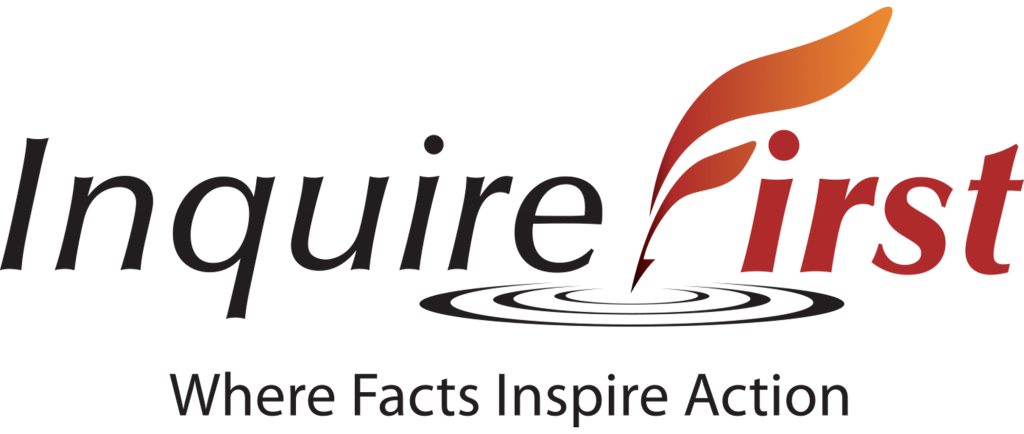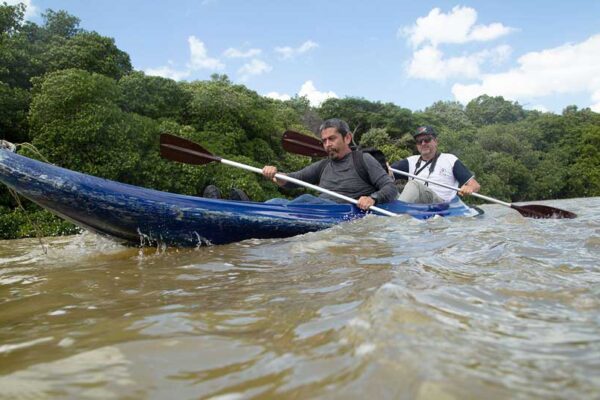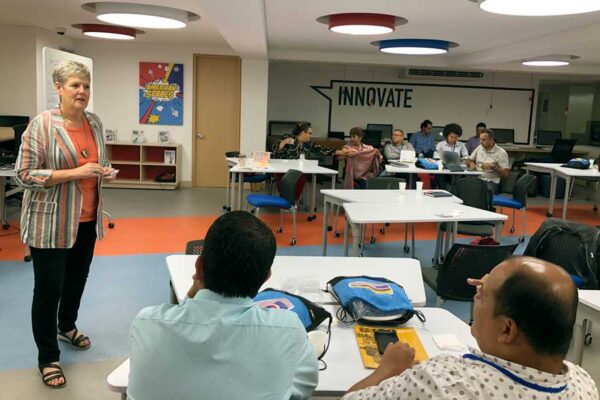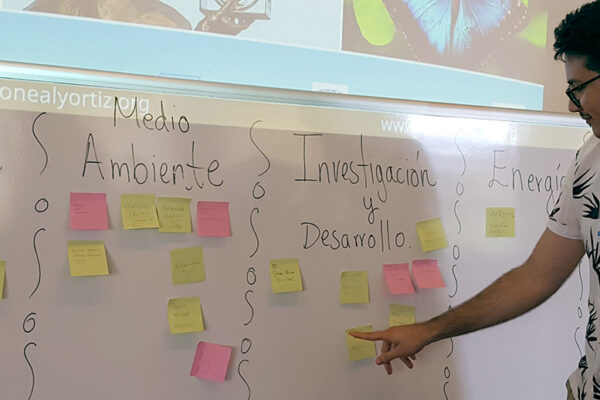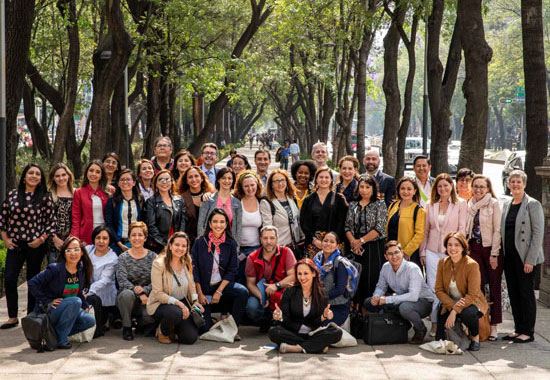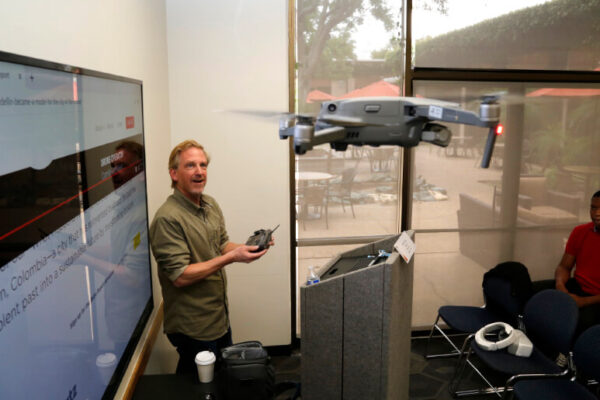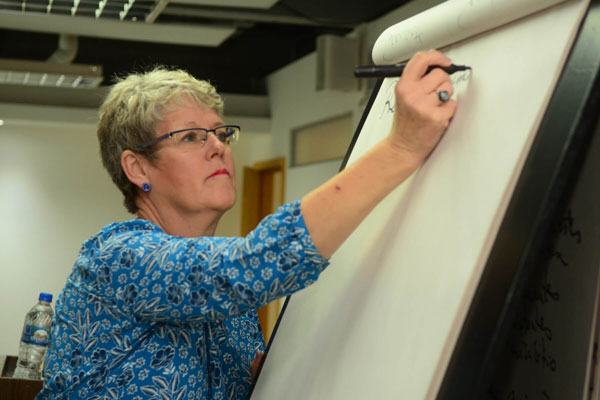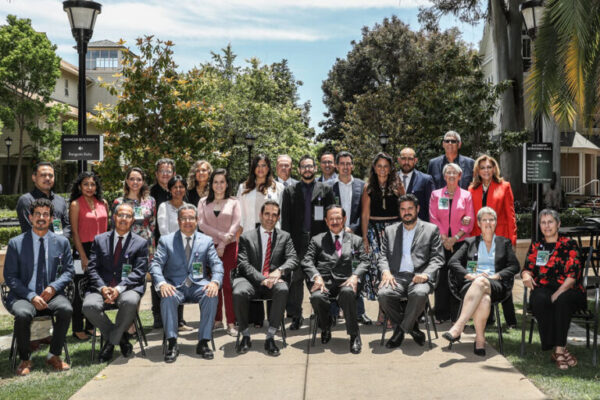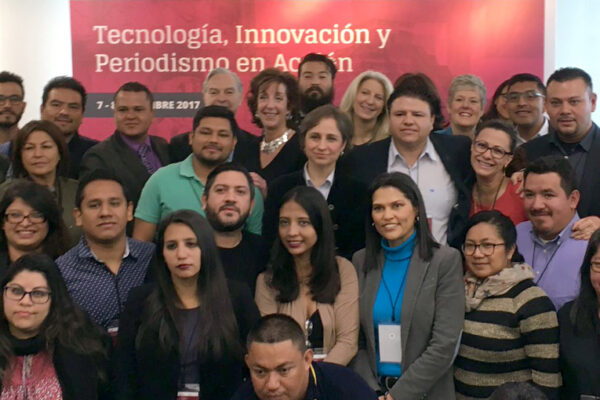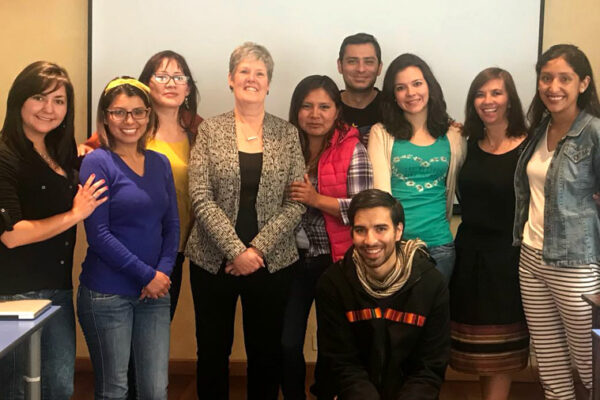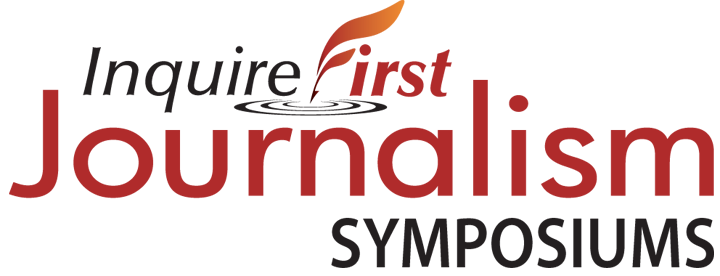
Making a difference Zika workshop focuses on international collaboration
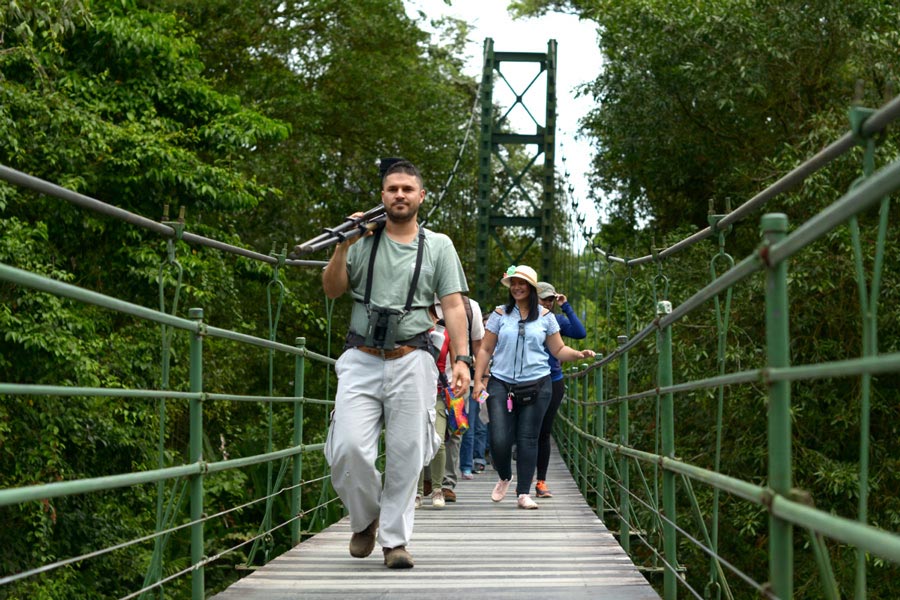
SAN JOSE, Costa Rica – Science and health journalism should not be limited by international borders. Complex new health threats such as Zika virus that occur in a “noisy” media environment require a new model of reporting, Andrew Revkin, strategic adviser on science and environmental journalism for The National Geographic Society, told reporters and editors at a regional science journalism workshop organized by InquireFirst in collaboration with the U.S. Embassy in Costa Rica.
Revkin was one of several prominent science and environment editors from major U.S. media organizations who traveled to Costa Rica for a March 4-8, 2018, workshop to help journalists hone their science and health reporting skills on public health coverage such as Zika and vector-borne diseases.
Also joining InquireFirst at the Costa Rica workshop were Gary Stix, senior editor of Scientific American and Manuel Canales, senior graphics editor at National Geographic, who provided the journalists with new techniques for reaching people with crucial public health information.
As public health risks cross borders, Revkin said journalists need to conduct transnational reporting to keep their audiences informed. He encouraged journalists to “be courageous about avoiding overstatement, and to test assumptions – even your own.”
Revkin also underscored the effectiveness of starting and sustaining a conversation with the public and health experts. By building communication channels with the public on social media and radio call-in shows before a public crisis such as Zika occurs, journalists can more effectively communicate critical information about an outbreak, he said.
The regional workshop titled “Informing About Risks and Prevention of an Epidemic” was attended by 37 science and health journalists from 12 countries in Latin America and the Caribbean.
These journalists report on the most urgent science and health issues in their countries for national media organizations, including national television networks, national radio stations and the largest daily newspapers in the country. They were awarded scholarships based on their experience in the areas of science and health coverage, and also on their decision-making role in their news organization and/or their leadership in founding their own science journalism news organizations.
Journalists attended the workshop from Mexico, Guatemala, El Salvador, Nicaragua, Panama, Colombia, Bolivia, Paraguay, Peru, Ecuador, the Dominican Republic and Costa Rica.
To ensure that journalists from these countries, all of which face a serious health risk posed by Zika and other vector-borne diseases, had the opportunity to attend the workshop, InquireFirst Executive Director S. Lynne Walker turned to her region-wide network to invite science journalists to attend.
Among the journalists invited were: the news editor of La Prensa, a national newspaper in Managua, Nicaragua; the founder of an online science/environmental news site in Guatemala who has attended three biennial meetings of the World Conference of Science Journalists in the UK, Qatar and Finland; the founder of an online science news site in San Salvador; the news director of a regional radio station in Estelí, Nicaragua; a science/environment reporter for Prensa Libre, the largest daily newspaper in Guatemala; a science/health reporter for the daily newspaper El Nuevo Diario in Nicaragua; the managing editor of El Sol de Hermosillo in Mexico; and a science/environment correspondent for the national news network Guatevision.
Walker also invited officials from health departments in Latin America who are charged with developing a communication strategy on Zika and other vector-borne diseases. Representatives from Mexico and Panama participated in a panel discussion, which included an M.D. from Costa Rica’s Ministry of Health, on effective strategies and challenges in reaching a mass audience with information on the risks and prevention of Zika.
Journalists heard a superb presentation by Dr. Gisela Herrera, a specialist in infectious diseases, who is conducting a Phase 2B Zika vaccine trial in Costa Rica in collaboration with the U.S. National Institutes of Health (NIH) and medical professionals in countries such as Mexico, Panama, Colombia, Peru, Ecuador and Brazil. The presentation by Dr. Herrera offered a regional context for research being done on Zika and clinical trials led by the United States to develop a vaccine.
A highlight of the workshop was a presentation on the relationship between the environment and vector-borne diseases by Carlos de la Rosa, Ph.D., director of La Selva Biological Station run by the Organization for Tropical Studies, which was founded by a consortium of scientists from U.S. universities and the University of Costa Rica. After hearing Dr. de la Rosa’s presentation, the journalists made a day-long field visit to La Selva learn about the interdependence of health and biodiversity during a two-hour hike in the tropical rain forest.
A prestigious panel of scientists and medical professionals worked with the journalists during an interactive session on effective preparation and interview techniques for science and health stories. On the panel were: Dr. María Luisa Ávila Agüero, former Minister of Health in Costa Rica; Dr. Pedro León Azofeifa, president of the National Academy of Sciences in Costa Rica; Dr. José Vega-Baudrit, Director of the National Laboratory of Nanotechnology in Costa Rica; and Dr. Henriette Raventós Vorst, professor and researcher at the Center for Biological Celular and Molecular Research at the University of Costa Rica.
To date, 16 news stories based on presentations during the workshop have been published in national newspapers and science news websites, or broadcast on national news networks in Latin America and the Caribbean.
The journalists’ feedback on the workshop was overwhelmingly positive.
“I appreciate the opportunity that you have given independent journalists to participate in your workshop,” wrote participant Lucy Calderón, founder of EcoCienciaGT, an online science/environmental news site in Guatemala. “Your support, provided through training programs, encourages us to continue offering quality journalism to our audiences in addition to strengthening our credibility with our public.”
Wrote another journalist, “The quality of the speakers and scientists was excellent.
Thank you for opening and creating spaces to share the realities faced by journalists around the world.”
Gabriela Salido, executive editor of El Sol de Hermosillo in northern Mexico, said, “I have the moral obligation to take the information from this workshop to my newsroom, and with the motivation that I have received during this program it will not be difficult to do so.”
